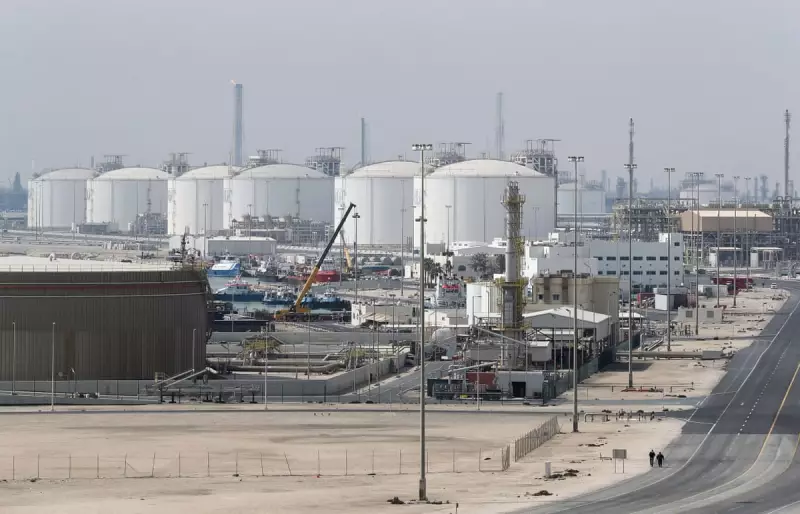
In a significant diplomatic breakthrough, the European Union has agreed to exempt American liquefied natural gas from its controversial climate regulations, potentially unlocking billions in transatlantic energy trade.
The Methane Compromise
The agreement, reached after intense negotiations, will see US LNG shipments to Europe excluded from the EU's Carbon Border Adjustment Mechanism (CBAM). This exemption applies specifically to methane emissions associated with American gas production and transportation.
European Commission Vice-President Maroš Šefčovič confirmed the development, stating the decision recognises "the strategic importance of transatlantic energy cooperation" while maintaining the EU's climate ambitions.
What This Means for Energy Markets
The exemption represents a major victory for US energy exporters who had raised serious concerns about the potential impact of CBAM on their European market access. Industry analysts suggest this could:
- Secure existing LNG trade routes between the US and EU
- Provide regulatory certainty for long-term energy contracts
- Potentially lower compliance costs for American suppliers
- Strengthen Europe's energy diversification strategy
The Environmental Balancing Act
Despite the exemption, EU officials emphasise that the broader CBAM framework remains intact. The mechanism continues to apply to other carbon-intensive imports, maintaining pressure on global trading partners to accelerate their climate efforts.
Environmental groups have expressed mixed reactions, with some welcoming the continued US engagement on climate issues while others worry about potential loopholes in the EU's environmental standards.
Broader Implications for US-EU Relations
This agreement comes at a crucial time for transatlantic relations, demonstrating that despite differences in climate policy approaches, both sides can find practical solutions that balance economic and environmental priorities.
The deal also signals the EU's recognition of the strategic role US LNG plays in Europe's energy security, particularly following the continent's efforts to reduce dependence on Russian gas.
As one Brussels official noted, "This isn't about lowering standards, but about finding workable solutions that acknowledge our shared energy and climate challenges."





